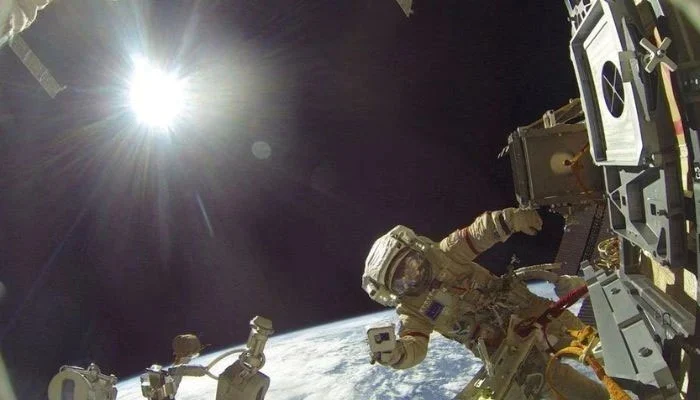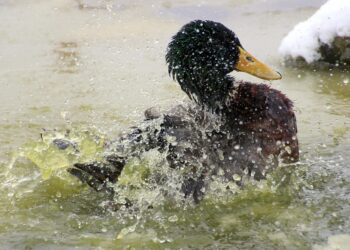Select Language:
Two individuals will be chosen this month (October) to undergo a year of astronaut training at China’s Manned Space Agency (CMSA). Following their training, the duo is expected to spend a week on China’s space station in October 2026.
To prepare for this mission, the Space and Upper Atmosphere Research Commission (Suparco) invited proposals for scientific experiments from across Pakistan. So far, 300 experiments have been shortlisted for possible inclusion in the upcoming program.
Earlier this year, Suparco signed a cooperation agreement with CMSA, paving the way for Pakistan’s first astronauts to embark on a mission to Tiangong, China’s space station. Under this historic pact, two Pakistani astronauts will train at China’s Astronaut Centre. One of them will be specially prepared as a scientific payload specialist to conduct advanced research aboard the station.
The astronaut selection process started in April. The mission will involve cutting-edge scientific experiments across various disciplines, such as biology and medical sciences, aerospace, physics, fluid mechanics, space radiation, ecology, materials science, microgravity studies, and astronomy. The Chinese Space Station is equipped with modern experimental racks and external adapters to support multi-domain research.
The results from these experiments are anticipated to promote breakthroughs in medical research, environmental monitoring, and space technology, with potential benefits for life on Earth. Recently, Pakistan and China agreed to strengthen their space cooperation, focusing on astronaut training and establishing a Pakistan Space Centre as part of their five-year strategic plan.
This initiative is part of the broader Action Plan (2025–2029), designed to deepen China-Pakistan collaboration in space exploration. The two countries will continue implementing the 2021–2030 Space Cooperation Outline Program, signed between China’s National Space Administration and Pakistan’s Suparco.
They reaffirmed their commitment to joint lunar and deep space missions, including evaluations of the International Lunar Research Station, and plan to enhance collaboration in advanced space technologies. The action plan also envisions the joint selection and training of astronauts, potentially opening pathways for Pakistan’s participation in human spaceflight missions alongside China.







